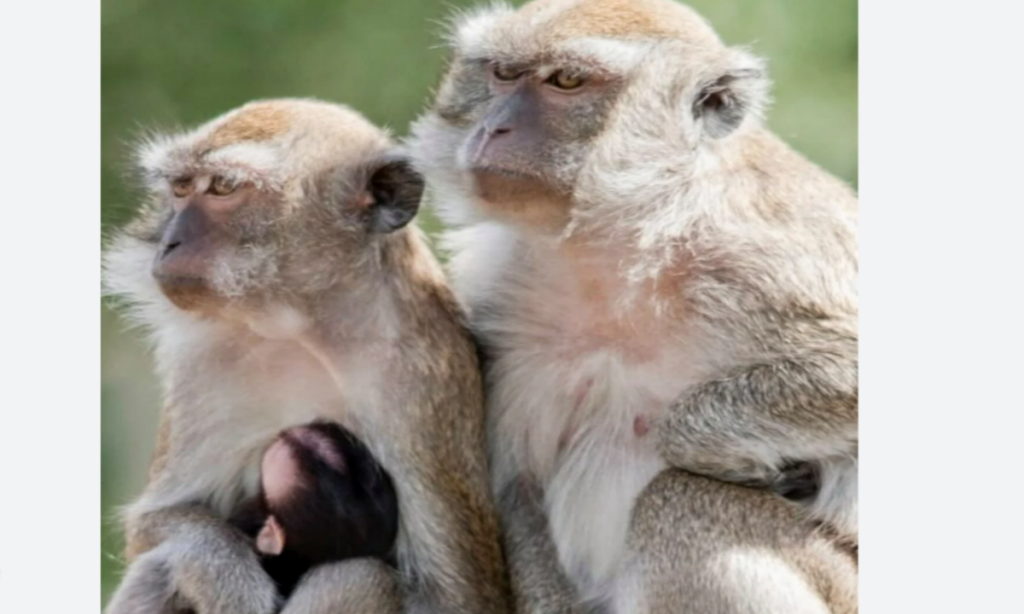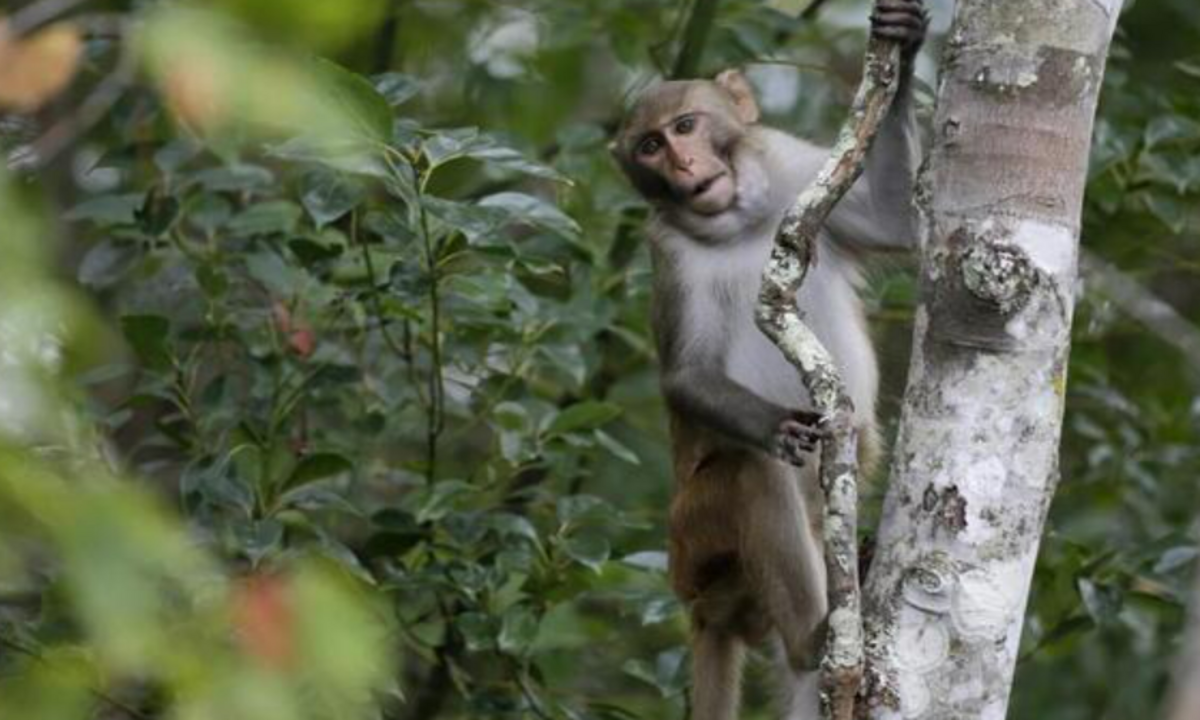YEMASSEE, S.C. — The last four rhesus macaque monkeys that escaped from a breeding facility in South Carolina have been successfully recaptured after spending two months in the wild. Authorities announced on Friday that all 43 escaped monkeys are now back in captivity, bringing an end to a months-long search that included snowy weather and some creative trapping methods.
How It Happened
The monkeys escaped on November 6 when an employee at Alpha Genesis, a facility that breeds rhesus macaques for medical research, failed to properly secure their enclosure. The incident occurred after workers left all three gates and latches unlocked, allowing the monkeys to make their escape. Most of the monkeys remained near the facility, which is located about a mile from downtown Yemassee and roughly 50 miles northeast of Savannah, Georgia.
Living in the Wild
While in the wild, the monkeys endured South Carolina’s first snowstorm in seven years, with snow accumulating up to 3 inches. Despite the cold and other challenges, the monkeys appeared to be in good health upon their capture. Greg Westergaard, CEO of Alpha Genesis, confirmed their condition in a statement shared by Yemassee Police.

How They Were Recaptured
Alpha Genesis employees used humane traps and food to lure the monkeys back. Peanut butter and jelly sandwiches, along with “monkey biscuits” (a high-protein food formulated for rhesus macaques), proved to be effective bait. Over time, all 43 monkeys were safely returned to their enclosure.
No Public Health Risk
Authorities assured the public that the escaped monkeys posed no risk to health or safety. Federal health officials, police, and Alpha Genesis representatives all confirmed that the rhesus macaques were not a threat.
Importance of Rhesus Macaques in Research
Rhesus macaques have been used in scientific research since the late 1800s. They share about 93% of their DNA with humans, making them valuable for medical studies. Alpha Genesis is a facility that breeds these monkeys specifically for research purposes, supplying them to medical institutions and other scientific organizations. Scientists believe that rhesus macaques and humans diverged from a common ancestor around 25 million years ago.
Community Impact
The facility’s proximity to Yemassee’s downtown raised some concerns among residents, though the monkeys remained near the compound and did not venture into populated areas. Despite the initial worry, the escape and subsequent recaptures drew curiosity and relief from the local community.
Moving Forward
Alpha Genesis has not provided further details about steps being taken to prevent future escapes. However, the incident has likely prompted the facility to review and reinforce its security protocols to ensure that such mistakes are not repeated.
Final Thoughts
The escape of these rhesus macaques was an unusual event that highlighted both the challenges and importance of maintaining security in facilities that house research animals. Thanks to the efforts of Alpha Genesis employees and local authorities, all escaped monkeys are now safely back in their enclosure. While the incident sparked local interest, it also served as a reminder of the complex relationship between humans and animals in scientific research.
Disclaimer—Our team has checked this article to ensure its accuracy and eliminate any misinformation. We are committed to providing clear and reliable information for our readers.




